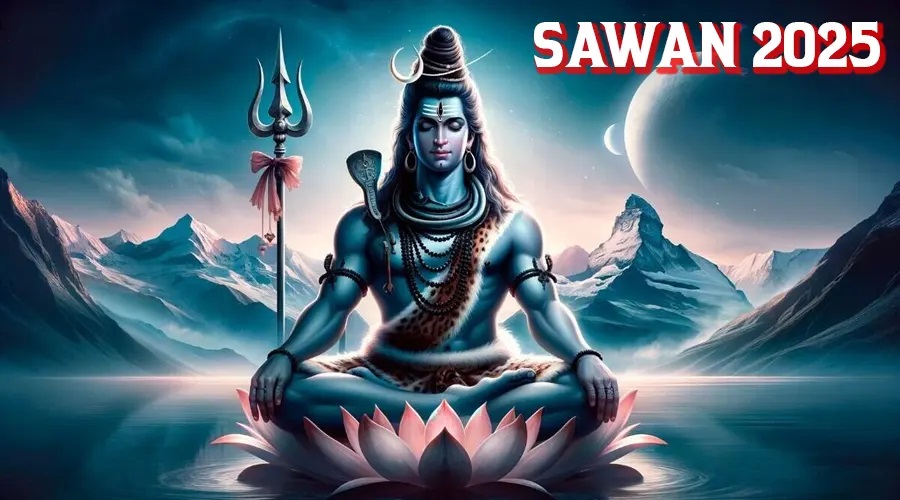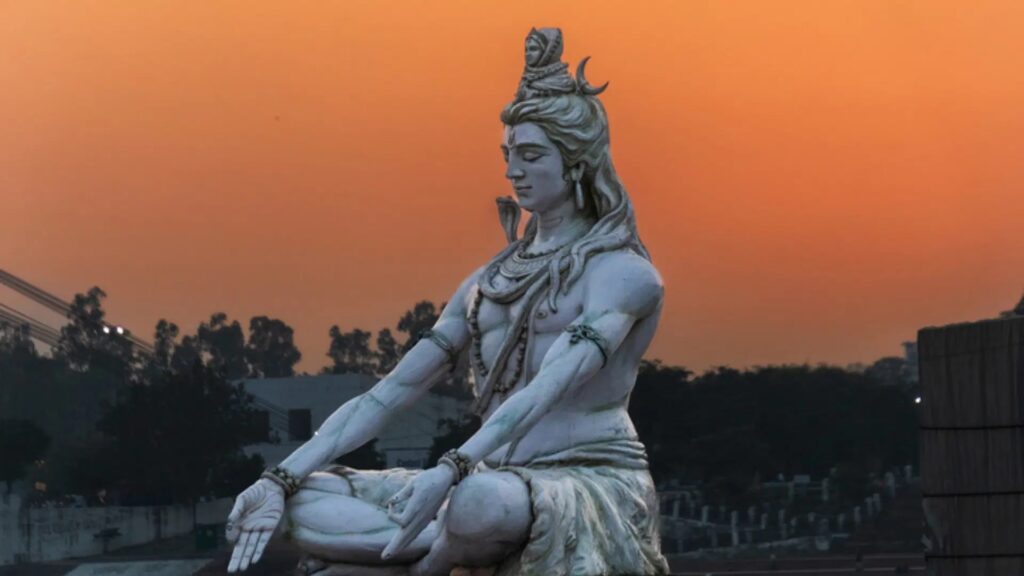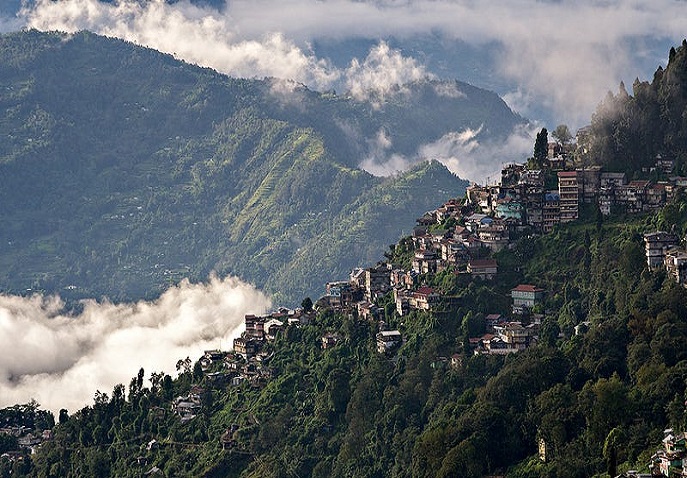Sawan 2025: When it begins and ends, why it matters, and what devotees do during the holy month
Sawan, a spiritually significant month dedicated to Lord Shiva, is observed with fasting, temple visits, and special prayers across India. The Shravan Somwar fasts on Mondays and Mangal Gauri Vrat on Tuesdays are key traditions. While the exact dates vary

As the rain begins to fall and the air turns cooler, people in many parts of India start getting ready for something more than just the monsoon– the month of Sawan. It’s a time that’s closely linked with Lord Shiva and holds a lot of spiritual meaning for his followers.
All through this month, many people follow simple but meaningful traditions– like visiting temples, saying daily prayers, and fasting on Mondays, which are considered extra special. Some even start a longer fast called Solah Somwar Vrat, where they fast every Monday for sixteen weeks. On Tuesdays, many women also keep a fast called Mangal Gauri Vrat to pray to Goddess Parvati for their family’s well-being.
Even though the customs are mostly the same everywhere, the exact dates of Sawan change from place to place. That’s because different parts of the country follow different calendars, so the month begins and ends at different times depending on where you are.
The significance of Sawan in Hindu tradition
Sawan, which is also called Shravan, is believed to be a time when prayers to Lord Shiva are especially powerful. One of the main traditions during this month is fasting on Mondays, known as Shravan Somwar. Some people also begin the Solah Somwar Vrat during this time, where they fast every Monday for 16 weeks, even after Sawan ends.
Tuesdays are also special for many families. Married women often observe the Mangal Gauri Vrat on this day, praying to Goddess Parvati for the happiness and well-being of their family.
How Sawan 2025 will be observed in different regions

In North India
This version of the Hindu calendar starts the month right after the full moon. It is followed in Uttar Pradesh, Bihar, Rajasthan, Madhya Pradesh, Punjab, Himachal Pradesh, Uttarakhand, Jharkhand, and Chhattisgarh.
Begins: July 11, 2025 (Friday)Ends: August 9, 2025 (Saturday)
Shravan Somwar fasting dates:
- July 14
- July 21
- July 28
- August 4
In South and Western India
States like Maharashtra, Gujarat, Andhra Pradesh, Telangana, Karnataka, Tamil Nadu, and Goa follow the Amanta calendar, which begins the month after the new moon.
- Begins: July 25, 2025 (Friday)
- Ends: August 23, 2025 (Saturday)
Shravan Somwar fasting dates:
- July 28
- August 4
- August 11
- August 18
In Nepal and parts of the Himalayas

Regions like Nepal and some parts of Uttarakhand and Himachal Pradesh use the Solar calendar to mark Sawan.
Begins: July 16, 2025Ends: August 16, 2025
Fasting Mondays in these areas:
- July 28
- August 4
- August 11
- August 18
Fasting, rituals, and everyday observances
For many people, Sawan is all about keeping things simple and staying connected to their faith. On Mondays, a lot of devotees choose to fast. Most avoid regular meals and eat only fruits, milk, or light vegetarian food without onion or garlic. Shiva temples are usually busier than usual, as people come to offer water, belpatra, and milk to the Shivling.
Some also follow the Solah Somwar Vrat, where they keep this Monday fast for 16 weeks in a row– even after Sawan is over. On Tuesdays, many women perform the Mangal Gauri puja at home. They offer prayers to Goddess Parvati, often with small rituals done in the morning or evening.
Sawan is more than just a religious month– for many, it’s a way to reconnect with faith through discipline, routine, and intention. As 2025 approaches, the dates may vary across India, but the spirit of the month remains the same– deeply personal and quietly powerful.
Why Sawan Matters
Devotion to Lord Shiva: This month is deeply revered in Hindu tradition as a time to honor Lord Shiva, especially for his role in consuming the deadly Halahal poison to save the universe, with Goddess Ganga calming his throat.
Spiritual & Astrological Significance: It’s considered a period rich with spiritual energy, ideal for new beginnings, inner reflection, and personal transformation.
Broader Devotion: Besides Shiva, devotees also worship Goddess Parvati and other deities such as Chandra Dev, Vishnu, and Lakshmi during this month.











